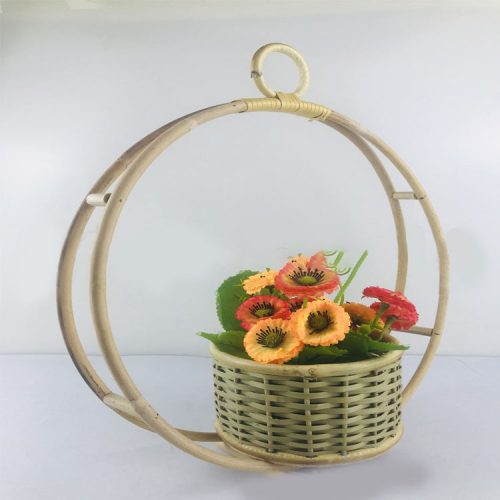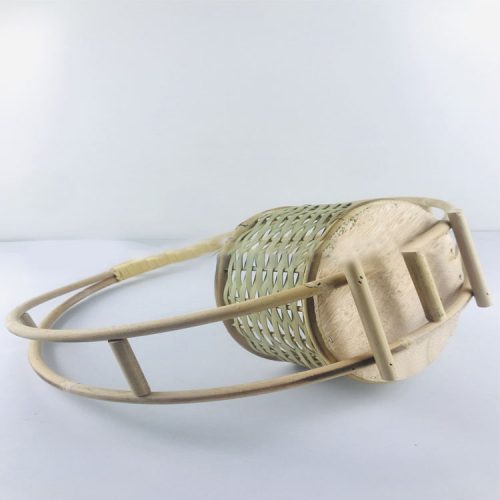Using grow bags for small gardens offers many advantages, including:
- Space-saving: Grow bags take up less space than traditional garden beds or pots. They are available in a range of sizes, making them ideal for small gardens or balcony spaces.
- Mobility: Grow bags are lightweight and portable, which makes them easy to move around. This allows you to rearrange your garden space to take advantage of different light conditions or to make room for other activities.
- Better drainage: Grow bags provide excellent drainage, which prevents water from pooling in the soil and potentially damaging the plant roots. This is particularly important for small gardens, where there may be limited space for excess water to drain away.
- Improved soil quality: Grow bags use a specialized soil mix that provides the ideal growing conditions for plants. The mix typically contains a blend of peat moss, vermiculite, and perlite, which promotes healthy root growth and reduces the risk of soil-borne diseases.
- Better aeration: Grow bags are porous, which allows for better air circulation around the plant roots. This improves oxygen uptake and encourages healthy root growth.
- Reduced soil compaction: Traditional gardening in the ground can lead to soil compaction, which can limit root growth and reduce the soil’s ability to absorb nutrients. Grow bags prevent soil compaction, ensuring that your plants have access to the nutrients they need for optimal growth.
- Eco-friendly: Many grow bags are made from environmentally-friendly materials, such as recycled plastic or natural fibers. They are also reusable, making them a sustainable choice for small gardens.
Overall, using grow bags for small gardens offers many advantages, including space-saving, mobility, better drainage, improved soil quality, better aeration, reduced soil compaction, and eco-friendliness. By using grow bags, you can create a healthy and productive garden in even the smallest of spaces.


